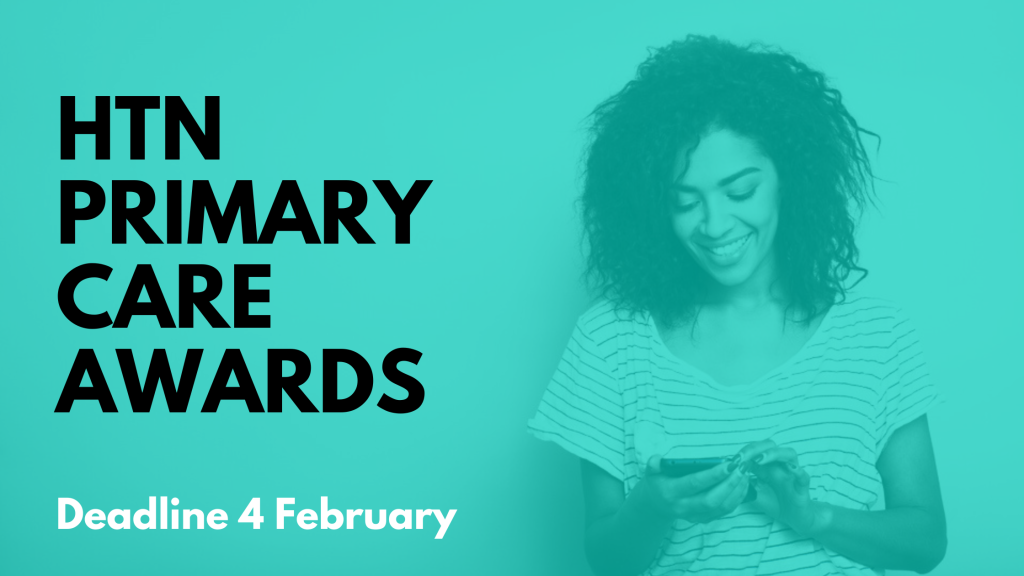Somerset ICB board has highlighted progress on its Recovering Access to Primary Care programme, noting digital progress against key deliverables ahead of the conclusion of the programme in March 2025.
The ICB highlights that more appointments are being provided than before the pandemic, however its approach to access is wider than focusing on the number of appointments and to “promote community-based person-centred care”. Here, the ICB references as an example, to increase self-referral opportunities for patients and focus on digital innovation to improve efficiency, patient and staff experience.
On tackling the “8am rush” and increasing the number of appointments delivered both same day and within 14 days, current statistics from the ICB show that on average “44 percent of all appointments in Somerset are delivered on the same day” with an estimated “40 percent delivered within 14 days”. The ICB notes that the latter figure “continues to rise” as they work towards the national target to deliver 85 percent of appointments within 14 days.
However, the ICB also shares their work on improving data in general practice, noting that currently its data does not accurately reflect the actual number of appointments. To combat this, NHS Somerset has been supporting practices with the quality of their appointment data as well as focusing on the reduction in workflow tasks within the EMIS clinical system. Here, specific resource of Digital Data Facilitators are being utilised, and discussions around clinical triage systems are being explored with the aim to improve data accuracy. The ICB also notes GP practices within NHS Somerset are currently using 9 different tools for online consultations.
To support uptake of the NHS App across Somerset, the board highlights that “over 40 NHS App registration events” have taken place, with data from June 2024 showing a “5 percent year-on-year increase” in registrations.
The report also gives an update on the rollout of self-referral pathways for musculoskeletal services, audiology, weight management and community podiatry. The ICB notes progress in some of these areas, while others still have some challenges. The use of the getUBetter digital self-management support tool for MSK pathways is underway, with 5,145 patients to have created a getUBetter account. While tier one of the weight management self-referral system is in place, the ICB notes provisions to review and focus on tier two services.
In terms of audiology, the ICB “does not feel it is currently in a position to roll out self-referral”, but are actively discussing the service and looking at further opportunities. Podiatry also faces challenges in terms of waiting times and “sustained workforce shortages” and as such does not currently have a self-referral option. Plans to work on this include reviewing the service and looking at “workforce recruitment and retention planning” with hopes to deliver a self-referral platform at a later date in 2025.
Reported statistics given on self-referrals show a monthly average of “over 57,000” in total across Somerset, highlighting the ICB’s performance against NHS England’s national target of 45k, which was outlined in the 2023/24 delivery plan for recovering access to primary care.
When looking ahead, the ICB highlights key priorities for the year, including: increasing NHS App record views and prescription numbers; continue expanding self-referrals; complete implementation of improved digital telephony; expand uptake of Pharmacy First services; continue implementation of simplified patient access and more. Read further details on the progress of Somerset’s Recovering Access to Primary Care Programme.
Primary care transformation: the wider trend
Similarly, NHS Devon ICB recently shared an update on its Primary Care Access Recovery Plan, highlighting “good progress” on delivery, a focus on tackling variation, and a potential saving of £19 million through digital advancements.
A recent HTN Now panel discussion, saw a panel of experts from across the health sector discuss how general practice, PCNs, and ICBs can utilise data and leverage technology to support operational efficiencies and improvements across primary care. Panellists included Kathryn Salt, Dr Shanker Vijayadeva, Dr Sheikh Mateen Ellahi and Max Gattlin.
When we asked our audience “two years from now, how many GP clinical system (core electronic health record) suppliers do you think there will be: 1-3, 4-5, or 6+?”, 43 percent of them said 1-3. A further 34 percent said 6+ and 23 percent said 4-5. Find out more about our poll here.
Finally, if you’re interested in the latest primary care success stories, make sure you tune into the HTN Primary Care Awards, where we’ll be celebrating how digital solutions have been transforming this sector. Learn more.






